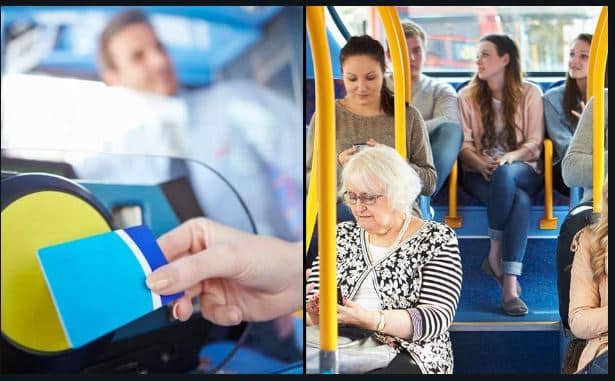Recent updates to Personal Independence Payment (PIP) rules have raised questions about who still qualifies for a free bus pass under the disabled concessionary travel scheme in England. As reported by GazetteLive, some entitlements remain tied to PIP, but eligibility may extend beyond that—offering support to a wider group of people than many realise.
Changes to PIP Rules and Their Impact
Concerns have emerged over changes to the assessment process for PIP, particularly how these could affect linked schemes like concessionary travel. Under the current system, individuals who receive the enhanced rate of the mobility component of PIP, or score at least 8 points in activities such as “moving around” or “communicating verbally”, may be eligible for a free bus pass.
This connection between disability-related benefits and travel support has led to uncertainty for those at risk of losing PIP. However, despite proposals outlined in the DWP Green Paper, eligibility for a travel pass may continue even if PIP payments stop, provided the mobility assessment still indicates significant difficulty.
Other Ways to Qualify for a Free or Reduced Bus Pass
The concessionary travel scheme does not rely solely on PIP. Several other forms of documentation or status can support an application for a free or discounted pass:
- Disability Living Allowance (DLA) – higher rate mobility component
- Disabled parking badge (Blue Badge)
- War Pensioner’s Mobility Supplement
- Education, Health and Care (EHC) plan – for young people under 25
- Medical evidence of a qualifying condition
In the North East of England, where local authorities manage applications, eligible residents may save an estimated £500 annually on public transport—based on average regional spending figures.
Eligibility Based on Disability or Health Status
Applicants can also qualify if they meet specific medical or functional criteria, even if not receiving PIP or DLA. You may be considered eligible if you are:
- Chronically ill or disabled with a condition that permanently and seriously impairs walking
- Permanently blind or unable to perform tasks requiring vision
- Diagnosed with learning disabilities
- Profoundly deaf, with or without speech
- Without use of both arms (due to limb absence or another cause)
- Unable to drive due to a medical revocation of your driving licence
- Partially sighted, as confirmed by a Consultant Ophthalmologist
These criteria align with national guidelines for defining disability under public transport regulations and must typically be supported by medical documentation.
Older Age and Companion Travel Options
In addition to disability-based qualifications, people who have reached the state pension age (currently 66) are entitled to free off-peak bus travel across England. In some cases, companions of disabled individuals may also be eligible for free travel if the person they assist cannot use public transport alone.
Armed Forces veterans may also qualify under the Armed Forces Compensation Scheme, depending on the nature of their service-related injuries or conditions.









